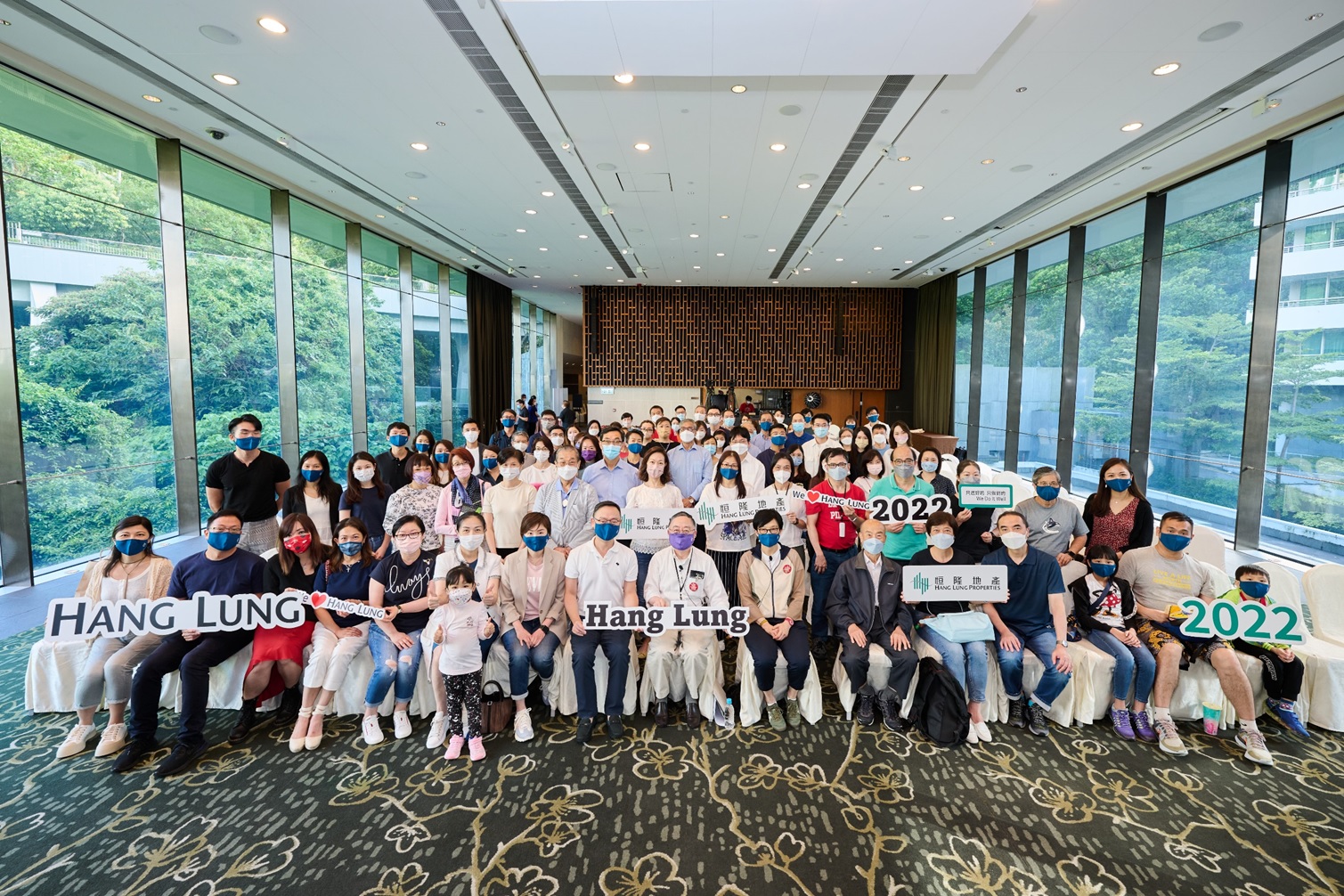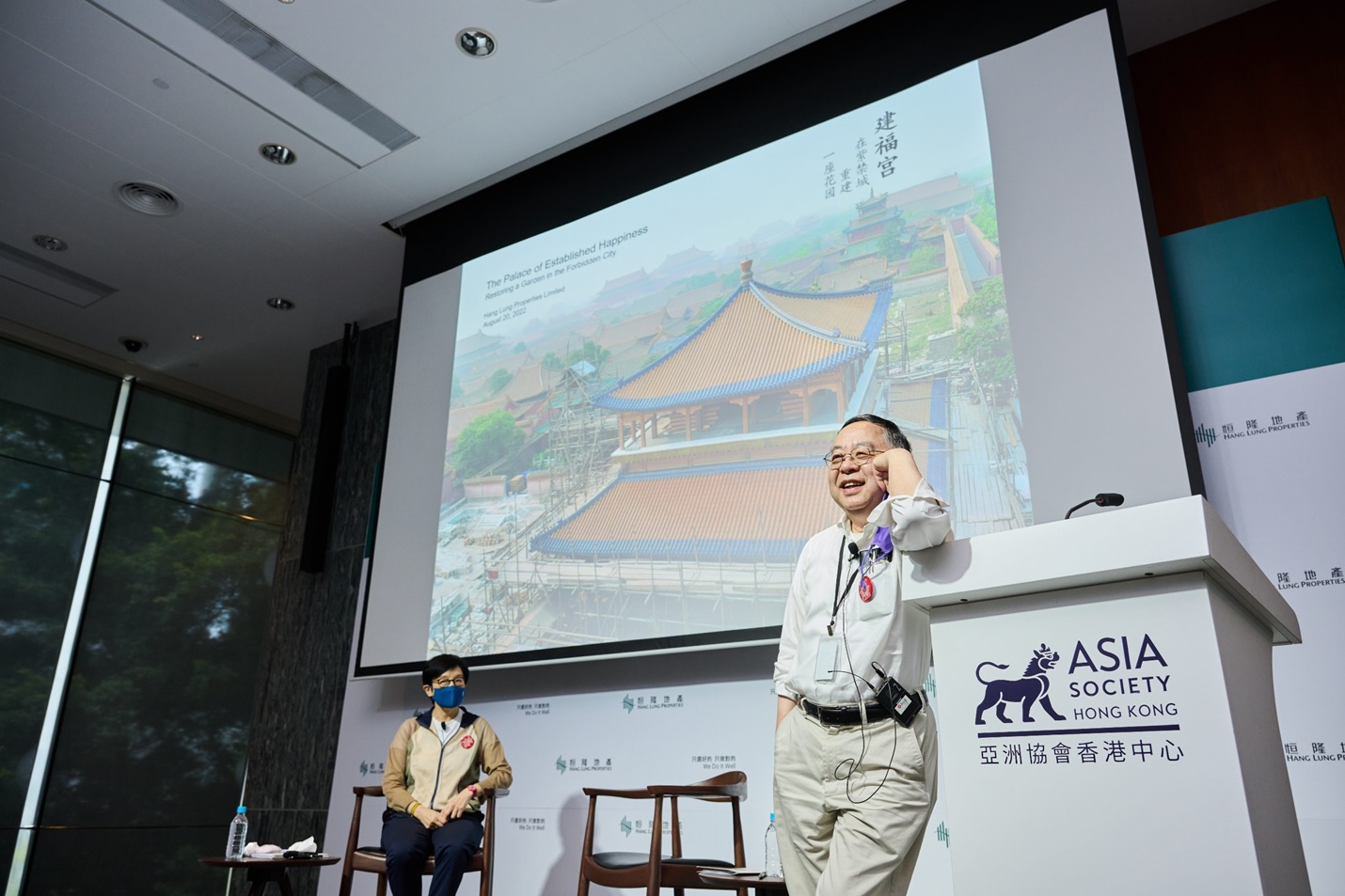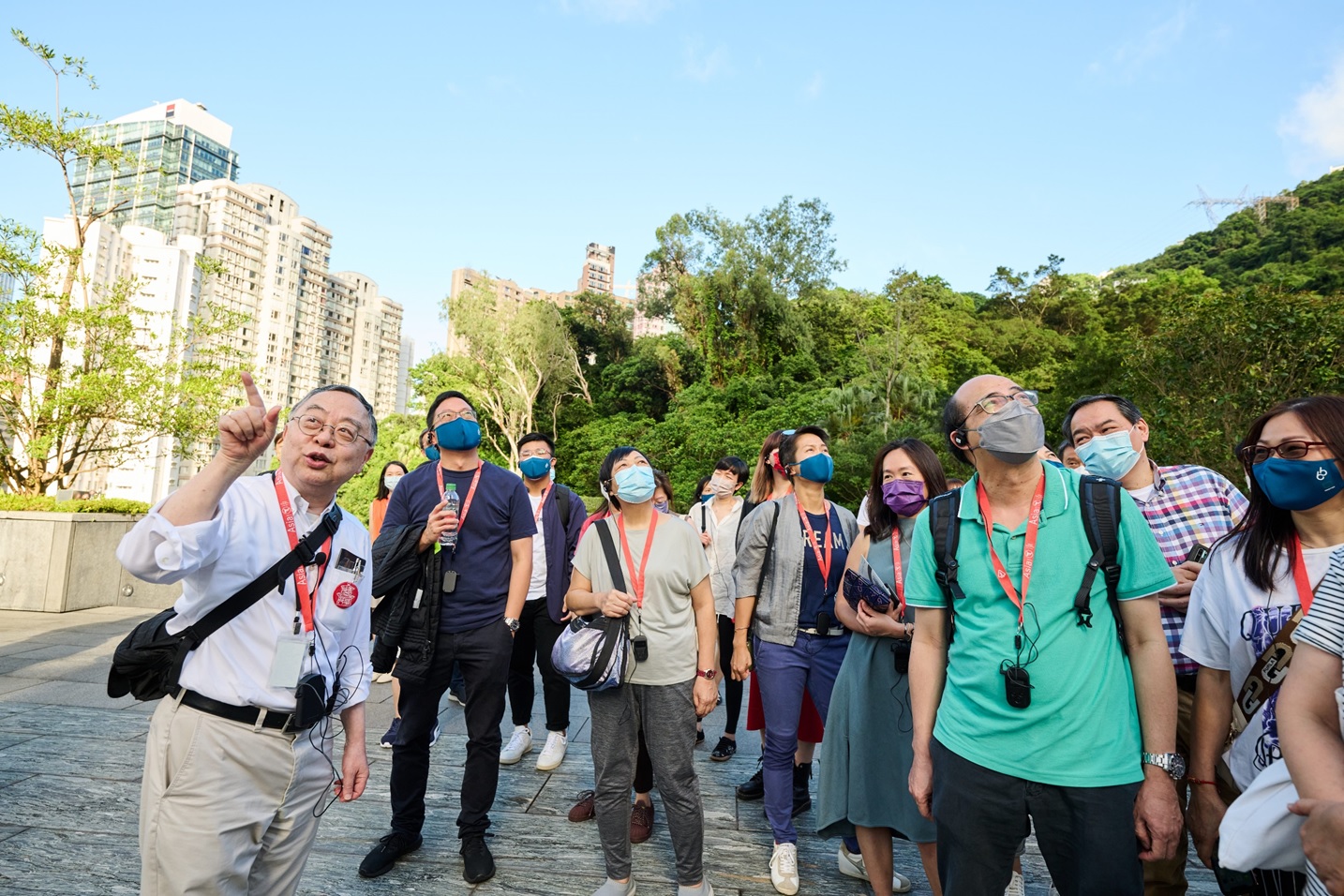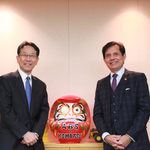
After a visit to the ruins of the Garden in 1994, Ronnie decided to support the restoration of the Garden and established the China Heritage Fund ("CHF") in Hong Kong. As the Founding Chair of CHF, Ronnie formally offered to fully support the reconstruction of the Garden in 1997. Site work officially started in 2000, and this first large-scale construction project in the Forbidden City was successfully completed in 2005, restoring the Garden to its former glory. CHF has since undertaken two additional major projects within the Forbidden City, the reconstruction of the Hall of Rectitude and conservation of the Hall of Mental Cultivation.

As Ronnie said, "The destruction of a nation's cultural heritage reflects the country's decline and turmoil, but its restoration is a sure sign of the country's rise and prosperity. The importance of cultural heritage sites and historic buildings lies in the fact that they witnessed our historical, cultural and social journey from the past to the present. I am deeply honored to be able to participate in the reconstruction of the Garden of the Palace of Established Happiness and the Hall of Rectitude, and I am proud that we have helped to bring modern management into the Forbidden City. Through this sharing session, I hope our colleagues can develop a deeper understanding of the Company's philosophy toward the restoration and conservation of cultural artifacts. We encourage our colleagues to continue implementing the core values of "sustainability" and "excellence" in their work, while we also hope to stimulate their interest in exploring Chinese history and to propagate traditional Chinese culture."

Cultural conservation is an important part of sustainable development. Under the leadership of Ronnie, Hang Lung is committed to making its best efforts to restore, preserve and integrate historic elements during the process of developing commercial projects, with examples including the Zhejiang Xingye Bank Building at Riverside 66, Tianjin, Chenghuang Temple at phase 1 of Center 66, Wuxi and the former residence of Zhang Xiaocheng at the Curio Collection by Hilton at phase 2 of Center 66, Wuxi. Hang Lung strives to strike a balance between preserving local cultural heritage and injecting new vitality into the local community by revitalizing historic buildings to fulfill the Company's vision of "creating compelling spaces that enrich lives".
Wellbeing is one of the four priorities in Hang Lung's sustainability framework, covering the health and safety of employees, as well as the establishment of a sustainable workforce through continued learning and development. Hang Lung regularly organizes various forward-looking employee training programs, including the INSIGHT webinar series, Leadership Development Program, and LinkedIn Learning. These allow our employees to make use of the current training subsidy policy and choose the learning resources that meet their own development needs, anytime and anywhere. The recent employee sharing session is one example of Hang Lung's efforts to promote the all-round development of the Company and its people.
Hashtag: #HangLung
About Hang Lung Properties
Hang Lung Properties Limited (SEHK Stock Code: 00101) creates compelling spaces that enrich lives. Headquartered in Hong Kong, Hang Lung Properties develops and manages a diversified portfolio of world-class properties in Hong Kong and the nine Mainland cities of Shanghai, Shenyang, Jinan, Wuxi, Tianjin, Dalian, Kunming, Wuhan and Hangzhou. With its luxury positioning under the "66" brand, the company's Mainland portfolio has established its leading position as the "Pulse of the City". Hang Lung Properties is recognized for leading the way in enhanced sustainability initiatives in real estate as it pursues sustainable growth by connecting customers and communities.
At Hang Lung Properties � We Do It Well.
For more information, please visit ![]() www.hanglung.com.
www.hanglung.com.










